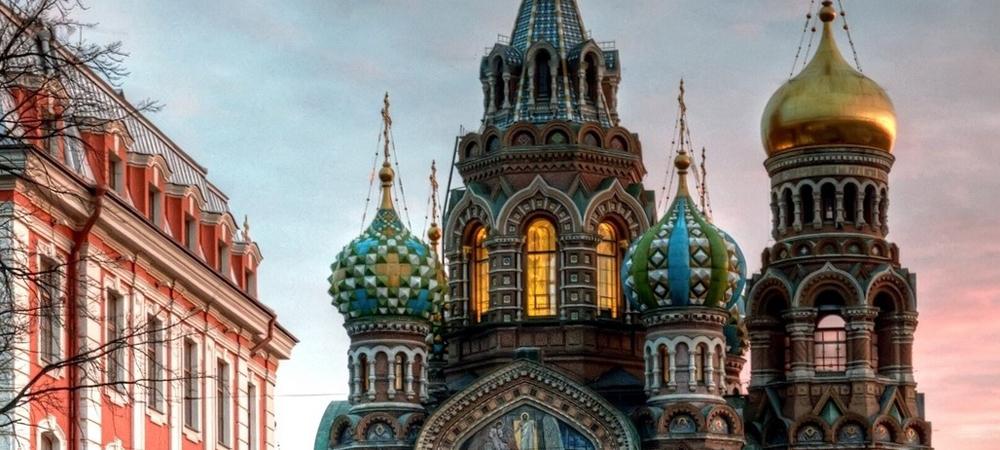“Russia NOW!: The Current State of the Former Soviet Union” featured presentations on a host of current issues by Professor of Russian Area Studies Thomas Hodge, Professor of History Nina Tumarkin, and Assistant Professor of Political Science Igor Logvinenko. Hosted by the Russian Area Studies department, the annual panel took place last Thursday in the Clapp Library Lecture Room.
This year’s panel explored the intersections between Russian art, culture, history, economics and politics. Hodge started the event by introducing the audience to how the arts in Russia are linked to politics using various examples of Russian artists, such as soprano Anna Netrebko and cellist Mstislav Rostropovich.
Tumarkin’s contribution to the panel included looking at the values that Russia as a nation potentially holds, and the effects on politics in the country.
“What is important to Russians? In what way is Russia mobilizing support for Putin and the state?” Tumarkin noted, pointing out how Putin’s approval ratings were still high despite the economic downturn in Russia. “In Russia, history really matters. It does in Wellesley too, by the way.”
Tumarkin continued by exploring how history is utilized in Russia to create national pride, drawing attention to how patriotism in Russia is now built on a sense of being able to replicate past historical victories.
The department also took the opportunity to welcome new faculty member Igor Logvinenko, assistant rrofessor of political science, to the Russian Area Studies department. Logvinenko provided political and economic perspectives to the panel, drawing on examples such as the dependency of the Russian economy on energy prices and Russia’s interests in Syria.
With all seats filled at the event, the Russia NOW! panel remains a popular one. Many students gave positive feedback about the panel discussion, feeling that it added to their comprehension of the current events unfolding in and about Russia.
Others were excited about what new faculty member Logvinenko could contribute to the Russian Area Studies department.
“I’m extremely excited about Assistant Professor Igor Logvinenko. The Russian Area Studies department is largely populated by historians, so having a political scientist adds a new perspective to the department,” Mackenzie Cole ’18 said.
Logvinenko himself shared the same sentiment. As someone who speaks Russian and is familiar with Russian culture, Logvinenko hopes to offer both personal and objective insights pertaining to the political aspects of finance, particularly in Russia. He will be teaching a class on the politics of Russia and Eurasia in the spring.
“Russian politics attracts a lot of attention,” Logvinenko said. “For a college this size to have a program this strong and vibrant is great.”






